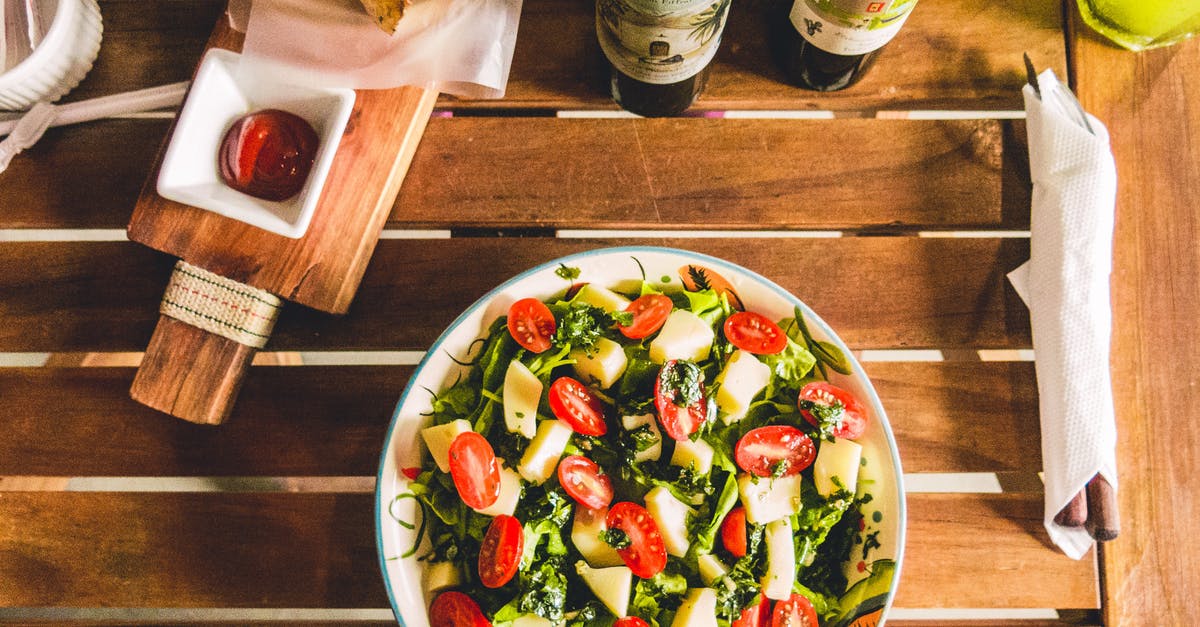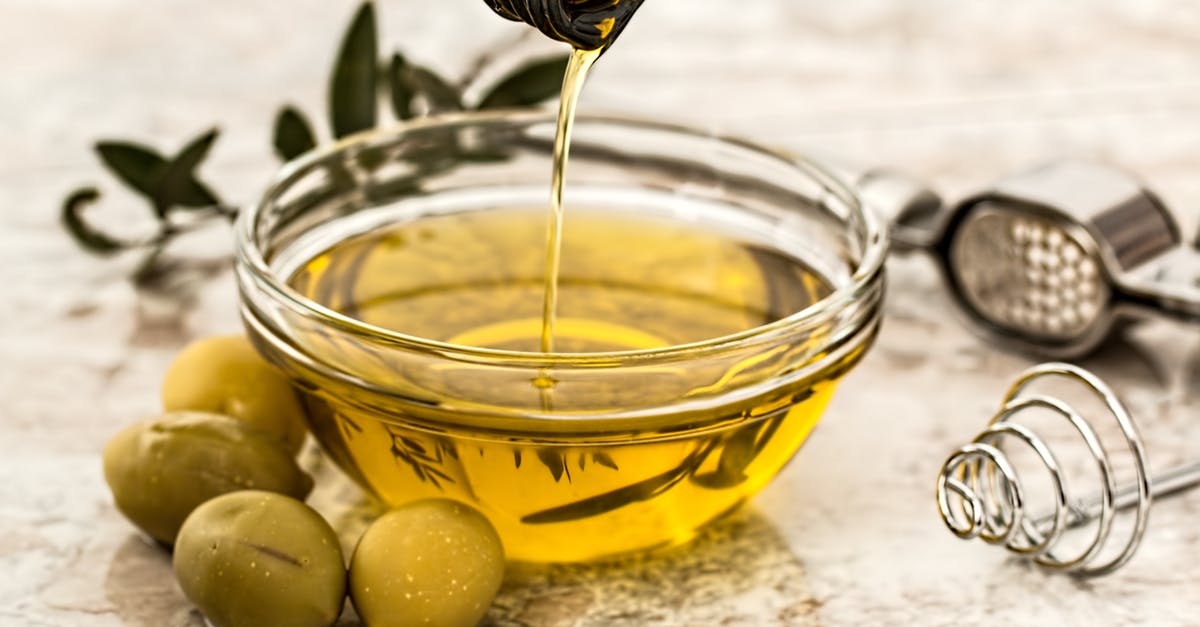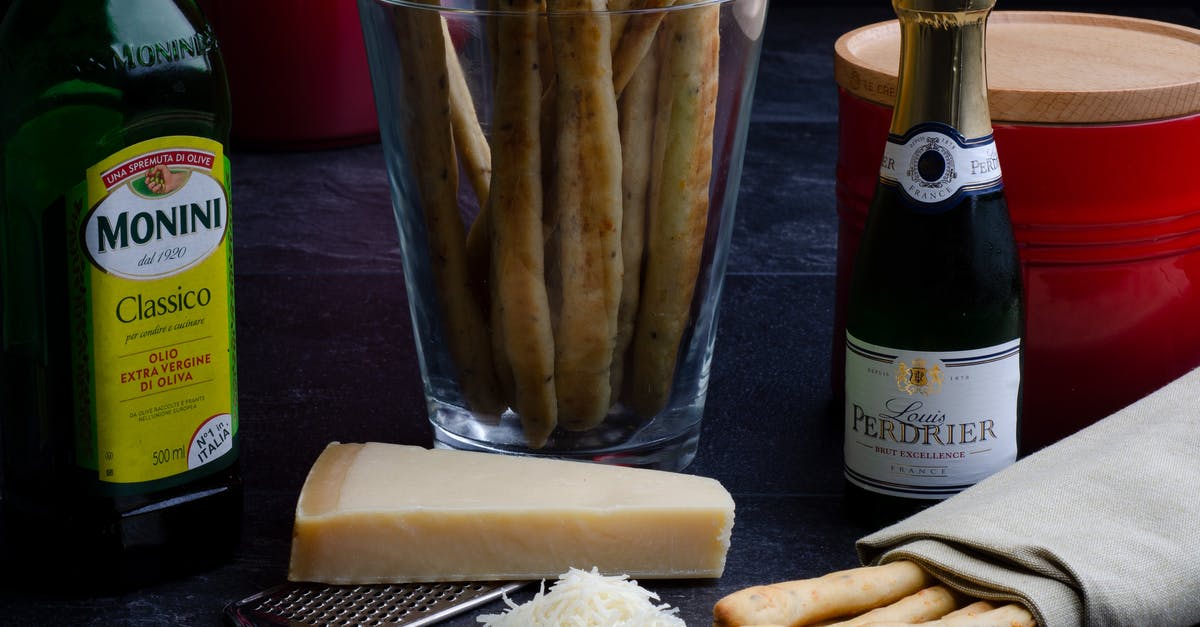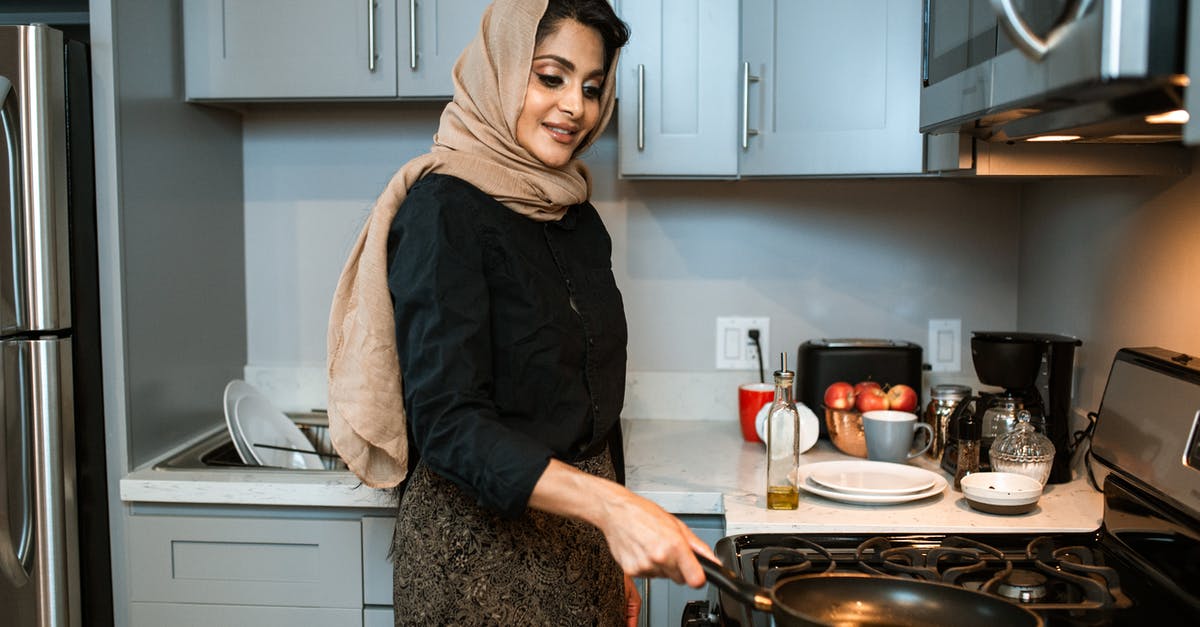I used olive oil to finish my salad serving utensils - now what?

I recently received some homemade unfinished wood salad serving utensils as a gift, and like a dummy, I figured it would be safe to rub them down with some olive oil. Now, I've learned that since olive oil turns rancid, this was probably not a good idea.
What should I do now? Is there any way to remove the olive oil from the wood (so that it can be replaced with food-grade mineral oil, I suppose) that won't damage the wood and will be safe for food utensils long-term?
Ideas I've seen:
- Scrub with hot water and soap - food-safe, but makes me nervous about damaging the wood, and maybe not actually that good at getting oil out of wood pores?
- Mineral spirits - doesn't require scrubbing, but makes me nervous about toxicity
- Random home remedies involving vinegar, salt, lemon juice, baking soda, etc. - makes me very nervous about damaging the wood [edit: of course foods can safely touch food utensils; it's just that I assume that such things would be low potency and thus require a lot of scrubbing, and more abrasive elements like baking soda might not be great for wood fibers]
If any of the above are actually good ideas, I'm still interested in hearing that, as long as you can tell me that the thing I'm nervous about isn't a problem.
Best Answer
Do nothing, or maybe give them a soap wash.
You seem to be very worried about what are very small effects. Sure, the oil can oxidize over time. It won't turn your utensils into a big ball of funk. You probably won't notice that much difference in reality. Maybe, if you hold them under your nose, the whiff will be different than if you hadn't used olive oil. You can wash if you want to reduce the effect, or keep it so you can at least enjoy the esthetic difference of having oiled wood.
Also, wood is not all that easily damaged, especially the kinds of wood a small artisan maker would use. People used to eat out of unfinished wooden bowls every day. Sure, you shouldn't leave the wood soaking in water, but you can wash it with detergent and soap now and then without getting much change in quality. I have a cheap, large-pore bamboo pan spatula which I regularly wash, sometimes with soaking, which is a worst-case scenario, considering the large pores of bamboo. It doesn't look 100% "like new", but it is still a normal, serviceable, nice enough spatula in appearance. The corners of the turning edge are slightly rounded, and the turning edge itself is a tiny bit frazzled, which could be repaired with a bit of sandpaper - but remember, this is something that gets washed regularly.
If you are still very serious about getting that oil off, sandpaper is probably the way to go. But depending on the kind of surface the maker intended, you may ruin that surface. If you have small-detail carving, that would look much worse, since you'd have to remove a small layer of material, not just surface-polish it, and you may not be able to get into each carved hole/chip anyway. And if the set was not intended to look too rustic, you will need to go through a progression of sandpapers applied with some skill to get a nice, even sheen.
Also, remember that those are salad utensils. If you intend to use them, as opposed to hanging them on the wall, they will come into contact with edible oils frequently, as well as ingredients like vinegar and lemon juice. Especially if you wash them rarely, and/or use little soap, they will get a "seasoning" of salad dressing on their surface just from use. Yes, it will get slightly rancid, and all that. You will likely get a visual difference between the heads of the utensils, and the dry-staying handles. That is normal and expected with wood utensils in use. If you want to keep them pristine, the only chance is to get some heavy acrylic or nitro finishing on them and keep them away from food, in a room different from the kitchen.
Pictures about "I used olive oil to finish my salad serving utensils - now what?"



Quick Answer about "I used olive oil to finish my salad serving utensils - now what?"
Just wash them with soap and hot water, let them dry, and, in the future, oil with a food grade butcherblock oil or similar.Can I use olive oil on wooden utensils?
Don't use food-based oil like vegetable or olive oil, since these types of oils can go rancid. Wooden cutting boards and spoons can eventually split as they dry out or are exposed to extreme temperature changes.How do you get olive oil out of a cutting board?
Wipe your wooden cutting board down with the vinegar. According to Green Footsteps, vinegar is an excellent degreaser. What's Cooking America also suggests using vinegar because of its power to disinfect your cutting board.Can you oil chopping boards with olive oil?
You should not use any type of cooking oil on your board, such as olive oil, vegetable oil, or regular coconut oil, because they will go rancid. Also keep in mind that excess moisture is bad for wood. Never soak your cutting board or let it sit in water for extended periods.How often should you oil your wooden utensils?
Apply a Coat of Oil to Your Wooden Utensils One of the best ways to keep your wooden utensils looking nice is to add a coat of oil to them every once in a while. Some suggest about once every 6 months. This also helps to create a protective barrier, which helps to prevent cracks, splitting, and fading.Can You Treat Wood With Cooking Oils!? (Olive Oil, Almond Oil, Walnut Oil)
More answers regarding i used olive oil to finish my salad serving utensils - now what?
Answer 2
Really no need. These are salad servers. Salad has dressing. Dressing contains olive oil. Relax!
Answer 3
Rancid oil is generally still safe, it just has a bad taste, so from a safety standpoint your utensils are fine as-is.
From a taste consideration, the oil must 1) go rancid, and then 2) have flavor molecules transferred from the utensils to your food...in large enough quantity to actually change the taste. Since usually only the outside surface of your utensils will be making contact with the food, washing the outside surface with anything that would remove flavors (e.g. dish soap) should take care of that.
Answer 4
Hot water & soap won't damage the wood so long as you don't leave it in the water long term -- clean it, rinse off, then dry it. (some recommend towel drying it, as it might warp if there's still too much water on it when air drying)
Salt scrubs with vinegar or lemon juice are fine, too ... so long as you rinse and dry it after.
I can't speak to mineral spirits, so I'd personally avoid it.
Of course, I don't know if this will necessarily undo the olive oil, but I suspect that mineral oil keeping it from oxygen would help.
Answer 5
Warm water and dishwashing soap is good first step that almost can't hurt. Use it generously and you will take out a lot of olive oil from your wood. Don't scrub, just wash, and be generous with rinsing. Remember to dry slowly and thoroughly to avoid cracks.
Mineral spirit is not food safe. Do not go that way.
My solution? Wash as described above, and then apply linseed oil. It is food safe when raw but there is slight chance it'll go rancid, I've heard. My favorite is linseed oil boiled without toxic additives. If you can get food-grade boiled one, applying it and waiting for it to "self-polymerize" is a good way. It'll seal the surface, giving residue olive oil less oxygen to go rancid with.
Of course pretty much any kind of finish that's food safe and keep oxygen away from olive oil will work that way, I wrote about boiled linseed because that's what I know and use.
Answer 6
Olive oil will eventually break down and leave a dark, sticky residue on the wood. It is unlikely that it will actually harm someone, but it will give off a foul taste to any food it comes in contact with.
There are a number of oils and other food-safe finishes meant for cutting boards, wooden utensils, salad bowls, etc. They all perform in a similar way, so the choice is up to you. Beware of certain products may cause an allergic reaction because they contain tung oil, or walnut oil. Not everyone is allergic to those oils, but those that are could have a bad reaction. When choosing a product, make sure it explicitly says it is food safe, and that you are getting it from a trusted place. There are various kinds of oils such as linseed and mineral oil that are not always food safe.
Removing the olive oil is going to be a little tricky because the utensils were not previously treated, so the oil has most likely soaked deep into the wood. Wash them down first with plain soap and water to remove the majority of it. Then heat them up in a low oven (150f) for up to an hour or so to draw out the remaining oil. Then wash them again, and dry out thoroughly with a towel. If there is still more oil seeping out, you may need to repeat the process. For good measure, wipe it down with rubbing alcohol when it is dry. Then go ahead and apply the oil. The process will dry out the wood and may cause it to crack if the oil is not applied immediately after the cleaning process.
Answer 7
In my experience, the wood "processes" olive oil, solidifying it. You can't get it out anymore but it will not go rancid either. The irreversibility of the process cuts two ways.
Sources: Stack Exchange - This article follows the attribution requirements of Stack Exchange and is licensed under CC BY-SA 3.0.
Images: Florencia Potter, Pixabay, Jacob Moseholt, RODNAE Productions
